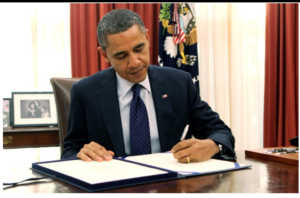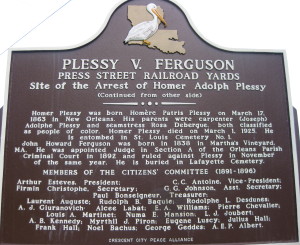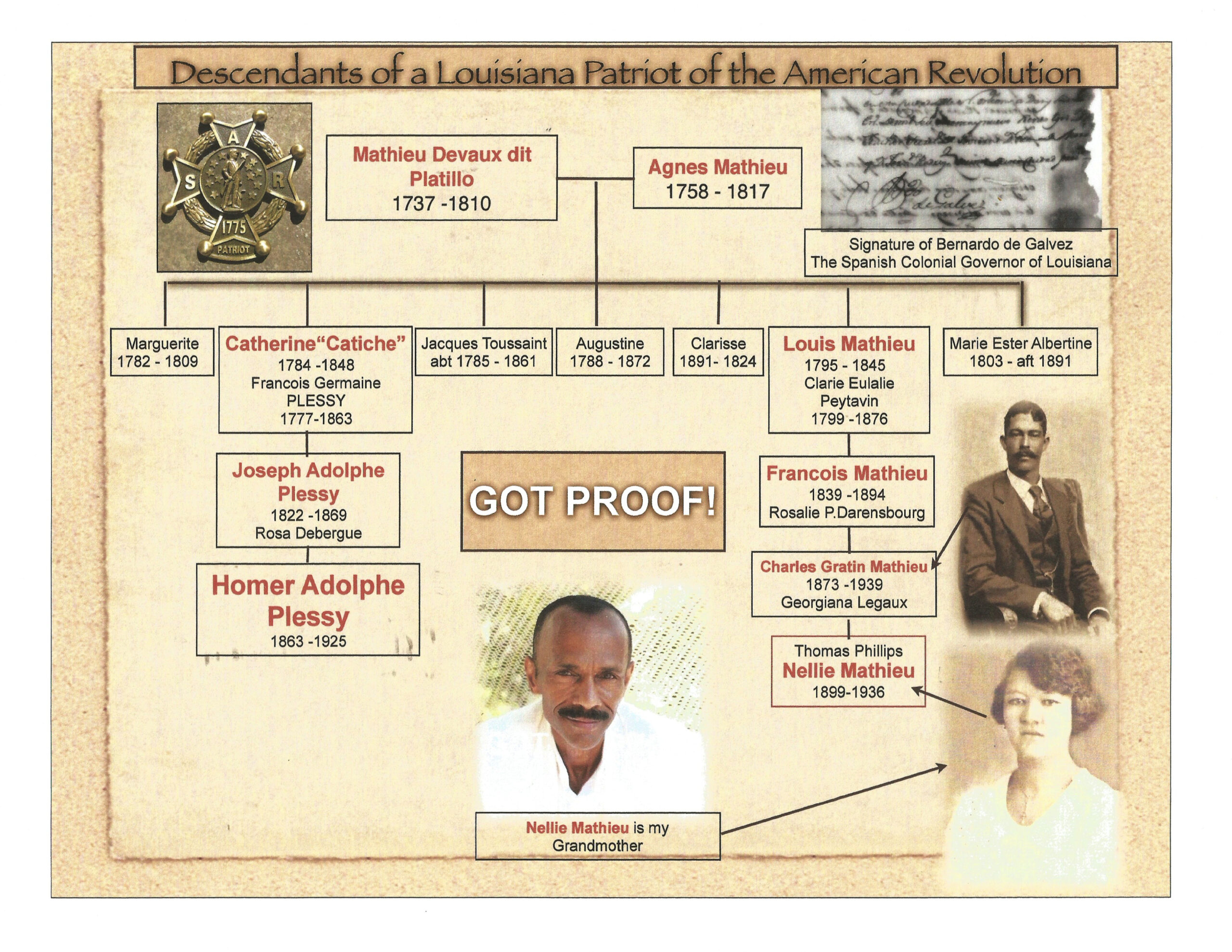“Until the Lion has his own storyteller, the hunter will always have the best part of the story” an African Proverb
(Updated: January 5, 2022)
In a blog post I wrote on December 16, 2014, titled, Freedom for One, Citizenship for the Other, Two Signatures 235 Years Apart , I share how a series of events in my family’s Louisiana colonial past brought three individuals — an enslaved woman of color named Agnes, a white French national named Mathieu Devaux dit Platillo, and the Spanish colonial governor of Louisiana, Bernardo de Galvez — together in the cause of freedom and independence. Both Devaux and Galvez have been recognized as patriots of the American Revolution for their contributions as soldiers in the cause for America’s freedom from Great Britain.
See below how the story played out in a segment of the PBS programs History Detectives titled the Galvez Papers.
“The Galvez Papers” will play after PBS promo.

Congress grants honorary U.S. citizenship to Bernardo de Galvez and President Barack Obama with the stroke of his pen sign it into law. I noticed a historic connection to my family’s ancestral history in Louisiana.
Their lives and historic actions have forever changed my awareness about knowing and claiming my family’s history. With the stroke of two penned signatures, history was made: Freedom was granted to Agnes on December 16, 1779, by Bernardo de Galvez, and 235 years later, on December 16, 2014, citizenship was granted (posthumously) to Galvez himself by President Barack Obama, an amazing connection of which my family and I can forever be proud

Louisiana Historical Marker sponsored by Crescent City Peace Alliance. Double click link:http://www.waymarking.com/waymarks/WM67QX_Plessy_v_Ferguson
As we approach the 125th anniversary of the landmark U.S. Supreme Court case, Plessy v. Ferguson, a concerted effort is being waged to acknowledge Plessy’s long overdue impact on the American Civil Rights Movement. In 1892, Homer Plessy, a fair-skinned, mixed-race man of color, was arrested in New Orleans, LA for taking a seat in a train car designated for white passengers only, despite the fact that he had paid for a first-class ticket. How interesting that a man of mixed race would be treated in such a way.
What would have happened if the train conductor and the whites who opposed him had known Plessy’s genealogy. He is the descendant of Agnes (mentioned above), a formerly enslaved Afro-Creole woman who fought in court and gained her freedom, and Mathieu Devaux, a Frenchman and patriot of the American Revolution who fought for America’s freedom well before the Louisiana Purchase in 1803 and statehood in 1812. Would he still have been denied his full rights and privileges as an American citizen under the constitution of the United States?
Plessy’s case was taken to the local courts and later to the Supreme Court, where it was upheld, thereby ushering in the era known as Jim Crow in America. However, as was stated by those who took this case all the way to the Supreme Court:
“We, as freemen, still believe that we were right and our cause is sacred.” ~ Statement of the Comité des Citoyens 1896
Long before the modern Civil Rights Era, Plessy and the Citizens Committee, with whom he planned the event, made history. Yet, because the Supreme Court case was not decided in his favor, Plessy has since stood as a scar in the struggle for civil rights for all people in America. Homer A. Plessy has never been officially acknowledged for his sacrifice on the altar of freedom. Those who know the truth of Plessy’s actions look upon him as a figure of immense historical importance. The time is now for all of us to acknowledge his rightful place in the history of American Civil Rights.
See below to learn more about the Plessy v. Ferguson case.
Louisiana board pardons Homer Plessy ahead of the 125th anniversary of Plessy v. Ferguson
Louisiana Governor, John Bell Edwards pardons on January 5, 2022, Homer A. Plessy, Great Grandson of Agnes Mathieu and Mathieu Devaux dit Platillo whose segregation protest went to the Supreme Court. It was some 243 years ago on Dec 16, 1779, that another the Spanish Colonial Governor of Louisiana – Bernardo de Galvez signed Agnes Mathieu Manumission papers and Mathieu Devaux served in the New Orleans Militia under the Command of Bernardo Galvez in support of Louisiana participation during the American Revolution.
Louisiana Governor, John Bell Edwards pardons on January 5, 2022, Homer A. Plessy,
As we know, “The arc of the moral universe is long, but it bends towards justice.” ~ Dr. Martin Luther King, Jr.

